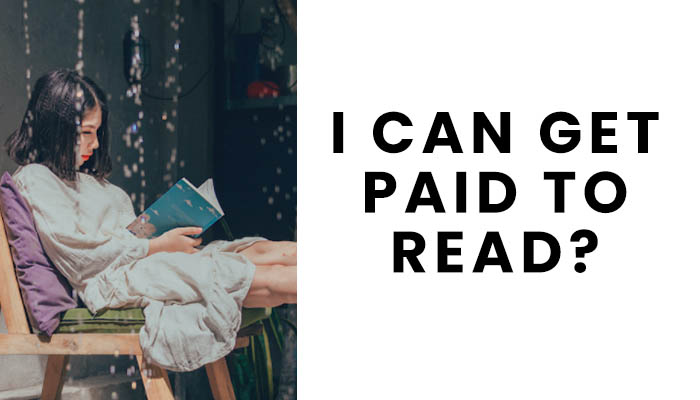proofreading
-
How to Get Paid to Proofread
In this day and age, professionals are starting to value the importance…
-
Catch Writing Mistakes More Easily With Grammarly
We all make mistakes and typos, but that’s what proofreading is for,…
-
Do You Want Proofreading to Be an Easier Task? Read This.
Proofreading is an inherent part of me. Whenever I write something, I…
-
Do Not As I Do….My Top 10 Most Embarrassing Freelance Writing Moments
We talk a lot about the importance of being professional, but I’d…


